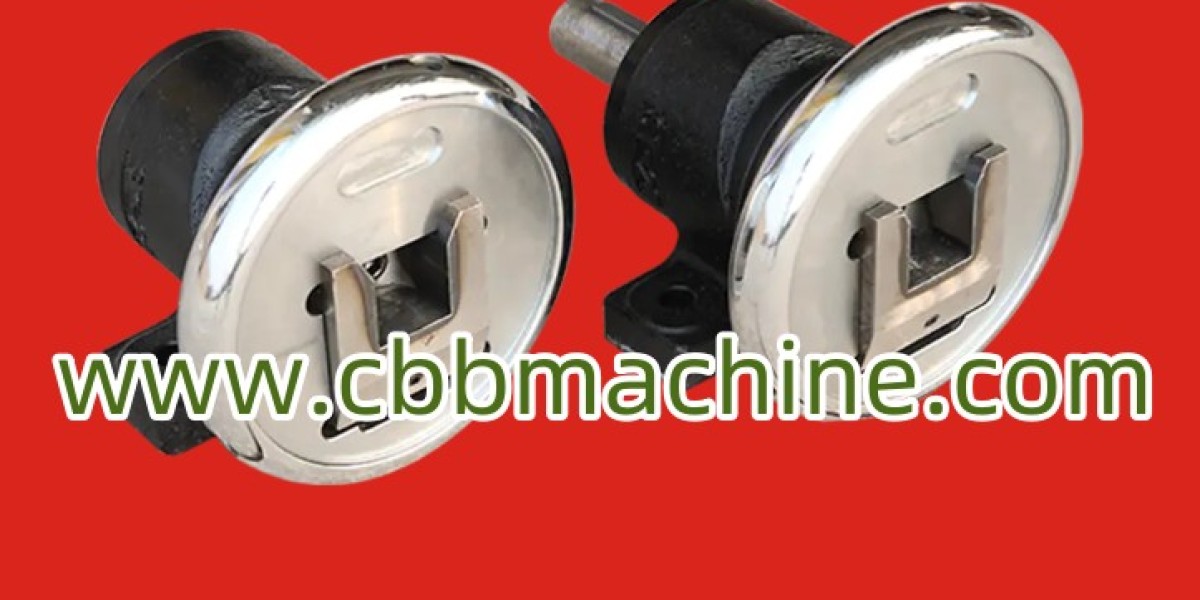The Importance of Choosing the Right differential shaft factory for Your Production Needs.In modern manufacturing, efficiency and precision are paramount. One crucial component that plays a key role in many industrial processes is the differential shaft. Often found in machinery that involves rotation and speed variation, differential shafts are essential in industries like automotive, packaging, and textile manufacturing. For businesses looking to integrate or replace these components, partnering with a reliable differential shaft factory is essential for maintaining high-quality performance and minimizing downtime.
In this blog, we will explore the role of differential shafts in manufacturing, their importance in various applications, and how to select the right differential shaft factory to meet your business needs.
What is a Differential Shaft?
A differential shaft is a mechanical component used to transmit rotational power and torque between different parts of machinery. It allows two or more rotating shafts to operate at different speeds, a crucial function in systems like conveyors, printing presses, and automotive drive systems. In particular, differential shafts are vital in applications where torque needs to be split or transferred between rotating parts, allowing for better control over machine performance and efficiency.
Differential shafts are often designed to be robust and durable, as they are subjected to significant stress during operation. Their design and quality directly affect the overall performance of the machinery they are integrated into, making it crucial to source them from a reliable differential shaft factory.
Why Choose a Differential Shaft?
Efficiency in Power Transmission – The differential shaft plays a key role in ensuring that power is transmitted efficiently across multiple components, reducing the risk of energy loss.
Improved Performance – By allowing different components to rotate at varying speeds, differential shafts contribute to smoother operations in complex machinery systems.
Durability and Longevity – High-quality differential shafts are designed to withstand heavy-duty usage, ensuring long-lasting performance and fewer breakdowns or replacements.
Versatility in Applications – From automotive to industrial machinery, differential shafts can be tailored for various uses, making them an adaptable choice for a wide range of manufacturing processes.
Reduced Maintenance Costs – A high-quality differential shaft reduces wear and tear on other components, helping to lower overall maintenance costs and downtime.
Given these advantages, selecting a differential shaft factory that produces high-quality components is essential for achieving reliable, efficient manufacturing processes.
Key Factors to Consider When Choosing a Differential Shaft Factory
Choosing the right differential shaft factory involves more than just price. It requires careful consideration of several factors that directly influence the quality, performance, and reliability of the differential shafts you receive. Here are some key elements to keep in mind when evaluating potential suppliers:
1. Quality of Materials
The materials used to manufacture differential shafts are crucial to their performance and longevity. A differential shaft factory should use high-quality materials such as hardened steel or other durable alloys that can withstand the high stresses experienced in industrial applications.
Before committing to a factory, inquire about the materials used in their shafts and ask for any certifications or quality standards they adhere to. This ensures that the shafts meet the necessary requirements for your specific use case.
2. Customization Capabilities
Different industries and applications often require specific designs or modifications. For example, the diameter, length, and type of spline on the differential shaft may vary depending on the machinery it’s used in. Therefore, it is essential to choose a differential shaft factory that offers customization options to meet your precise requirements.
A factory that can customize differential shafts will ensure that they are tailored to your unique specifications, providing a better fit and improved performance in your equipment.
3. Industry Experience
A factory with experience in producing differential shafts for your particular industry is more likely to produce high-quality components that align with your production needs. The more experience a differential shaft factory has, the better they will understand the unique challenges and demands of your industry.
Ask potential suppliers about their experience working with companies in similar sectors and request references or case studies to assess their reliability and expertise.
4. Production Capabilities and Lead Times
When sourcing differential shafts, timely delivery is crucial. Delays in receiving parts can disrupt your manufacturing process and lead to costly downtime. A reliable differential shaft factory should have a well-established production process with clear lead times.
Before placing an order, confirm the factory’s production capacity, turnaround time, and delivery schedules to ensure they can meet your deadlines.
5. Customer Support and After-Sales Service
Even the highest-quality differential shafts may require adjustments, maintenance, or replacements over time. That’s why it’s important to partner with a differential shaft factory that offers robust after-sales support. A supplier that provides technical assistance, troubleshooting, and spare parts availability will help you maintain operational efficiency.
Additionally, strong customer support can address any concerns you have regarding the performance or installation of the shafts, ensuring a smoother experience throughout the lifecycle of the product.
6. Cost-Effectiveness
While price should not be the only factor in your decision, it’s important to evaluate the cost-effectiveness of the differential shafts you’re purchasing. High-quality differential shafts that are designed to last longer and perform better can save you money on maintenance and replacement costs in the long run.
Always consider the value you’re getting for the price you’re paying, ensuring that the supplier offers a good balance between quality and affordability.
Conclusion
Choosing the right differential shaft factory is an important decision that directly affects the performance and efficiency of your production processes. By carefully considering the quality of materials, customization options, industry experience, production capabilities, customer support, and cost-effectiveness, you can ensure that you are sourcing high-quality differential shafts that meet your specific needs.
Partnering with a reputable differential shaft factory not only helps you achieve smoother and more reliable operations but also contributes to long-term success by reducing maintenance costs and minimizing downtime. Whether you’re in the automotive, packaging, or textile industry, investing in quality differential shafts is essential for maintaining efficient and reliable production lines.





